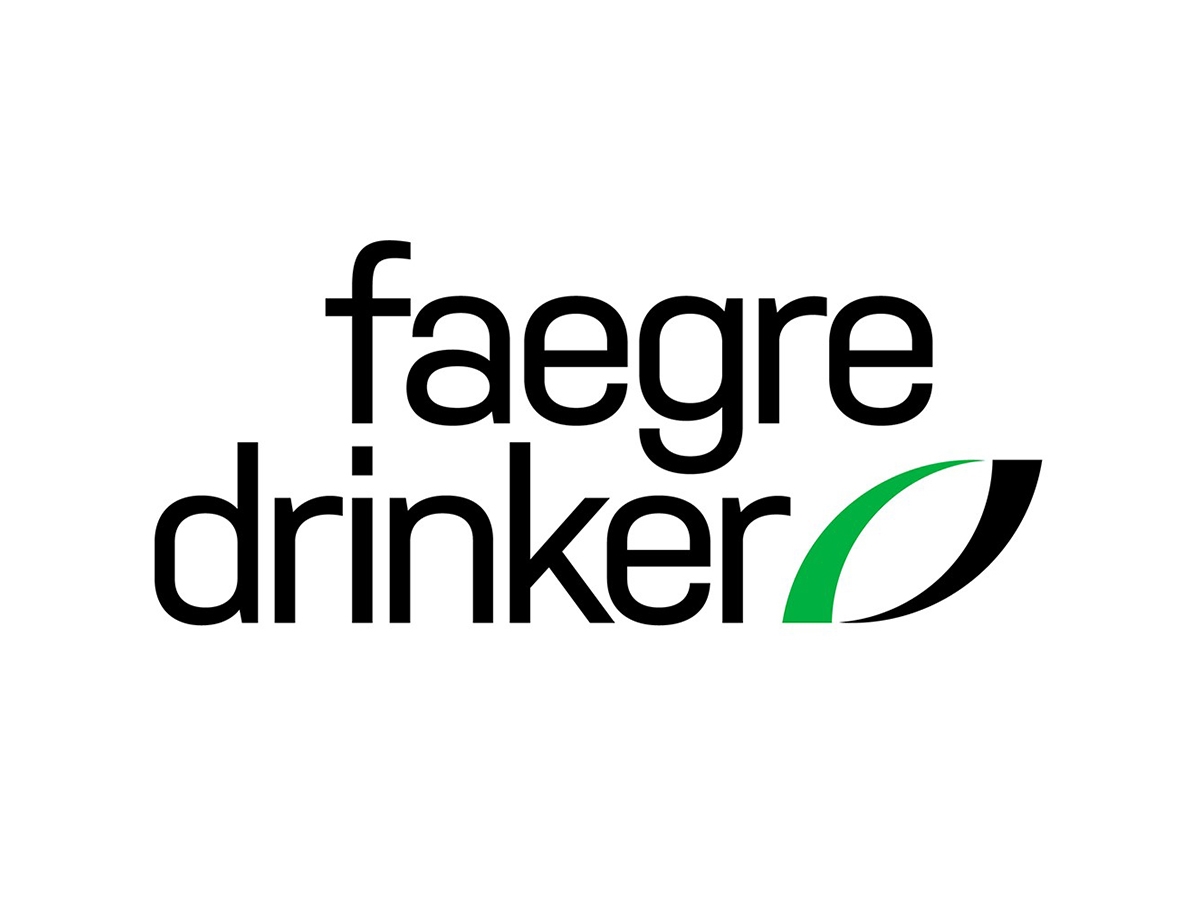Specific knowledge is necessary for online marketplaces to be liable | Reed Smith
Atari Interactive Inc. and fashion retailer Y.Y.G.M., which owns Brandy Melville, accused Redbubble of knowingly selling products that infringe on their trademarks and of failing to take action to prevent the alleged misconduct. After an unfavorable decision, Atari and Brandy urged a Ninth Circuit panel to reverse a trial court ruling that found in favor of Redbubble, but led to inconsistent and contradictory findings on contributory infringement. In the Brandy Melville case, the Ninth Circuit agreed that Redbubble could not be held contributorily liable when third parties misuse Redbubble’s service to infringe without the company’s knowledge, and remanded the case to the district court to decide any remaining issues under that legal standard.
According to the opinion, to be found liable for contributory infringement, a party must be found to have continued supplying its product to someone it knows or has reason to know is engaging in trademark infringement. The court further found that the “knows or has reason to know” standard is met if the party is willfully blind to the infringement. Specifically, in the Ninth Circuit ruling, willful blindness requires the defendant to be aware of specific instances of infringement or specific infringers. Without that knowledge, the defendant need not search for infringement. General knowledge of infringement on the defendant’s platform is not enough to show willful blindness. The Second, Fourth, and Tenth Circuits have reached similar conclusions in ruling on contributory trademark infringement in this context.
Overall, the Ninth Circuit ruled that online marketplaces are liable for third-party content when they have specific knowledge of infringers or infringement. The next step would be clarification of what facts and evidence show specific knowledge. In other words, is there evidence that Redbubble willfully turned a blind eye to selling products that infringed on Atari’s and Brandy’s trademarks? The Ninth Circuit mentioned that “bona fide efforts to root out infringement could support a verdict finding no liability, even if the defendant was not fully successful in stopping infringement.” Evidence showing that an online marketplace was not willfully blind to infringement would be, for example, the marketplace actively and consistently removing infringing listings, which would put future infringers on notice and persuade more online marketplaces to remove vendors for alleged infringement instead of just removing their infringing items. However, the “bona fide” qualifier would depend on the context and the facts of the case.
See Ninth Circuit opinions in Y.Y.G.M. v. Redbubble and Atari v. Redbubble.
- Atari v. Redbubble, 515 F. Supp. 3d 1089 (N.D. Cal. Jan. 28, 2021), aff’d in part, dismissed in part, No. 21-17062 (9th Cir. July 24, 2023)
- Y.Y.G.M. v. Redbubble, No. 2:19-cv-04618 (C.D. Cal. Oct. 5, 2021), aff’d in part, vacated in part, remanded, No. 21-56150 & No. 21-56236 (9th Cir. July 24, 2023)
Client Alert 2023-167






